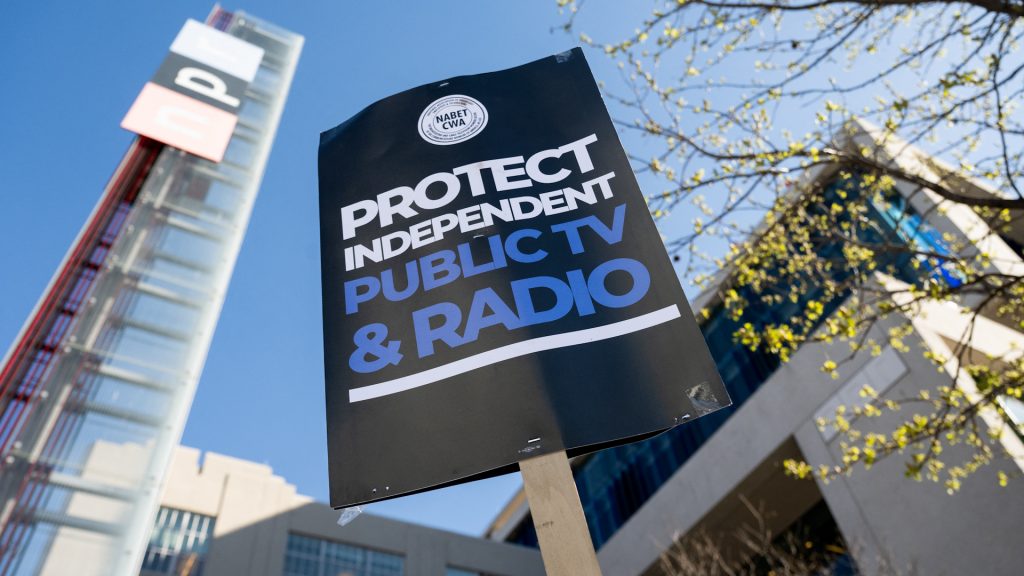New executive order cuts funding to NPR and PBS

President Donald Trump has signed an executive order directing federal agencies to end public funding for National Public Radio (NPR) and the Public Broadcasting Service (PBS). The White House said the move is based on claims of political bias and a belief that publicly funded media is no longer necessary in today’s digital environment.
The order instructs the Corporation for Public Broadcasting (CPB) to stop both direct and indirect funding to NPR and PBS “to the maximum extent allowed by law.” It also requires revisions to future grant eligibility criteria to ensure that CPB-supported outlets cannot use public money to produce or acquire content from either broadcaster.
How much funding is at stake?
NPR has previously reported that it expects to receive about $120 million in CPB support in 2025, accounting for under 5% of its annual budget. Combined with PBS and local affiliate stations, CPB’s total federal appropriation is about $500 million per year.
Although the executive order includes immediate directives, Congress has already approved CPB funding through 2027. That could limit the amount of the president’s order that can be enacted without new legislation.
What does the executive order change?
Under the order, all executive agencies must review their contracts and grants with NPR and PBS, and determine whether the broadcasters comply with terms related to federal non-discrimination laws and political neutrality. The Department of Health and Human Services evaluates whether the two organizations have violated employment or funding rules.
The order also bars CPB grantees — such as public radio and television stations — from using federal money to carry NPR or PBS programming, effectively cutting off a key source of indirect funding.
What reasons did the White House give?
The White House described the action as a way to prevent taxpayer support for what it called “radical, woke propaganda.” A fact sheet released alongside the executive order listed concerns over alleged partisan coverage, staffing imbalances and content decisions related to topics such as election coverage and gender identity.
Officials argued that government support for news media is outdated and risks undermining journalistic independence. They cited examples of what they view as ideological slant in recent programming and editorial decisions by NPR and PBS.
What is the public broadcasters’ response?
As of Friday, neither NPR nor PBS had issued new public statements. PBS President and CEO Paula Kerger defended the network’s bipartisan support and described the CPB partnership as critical to serving rural and underserved communities. She warned that funding cuts could disrupt educational programming and emergency communication services.
NPR has also previously noted that smaller stations in remote areas rely more heavily on CPB support, and that funding reductions could disproportionately impact access to news and information in those regions.
Other legal issues and funding cuts
The CPB has filed a lawsuit challenging the president’s authority to remove board members and enforce policy changes without congressional approval. Legal analysts expect further court challenges over whether the executive branch can block funding already appropriated by Congress.
A separate $9.1 billion rescission package targeting public institutions is still pending. However, courts have already blocked parts of the administration’s defunding efforts, ordering the restoration of $12 million for Radio Free Europe and halting shutdown plans for Voice of America.





